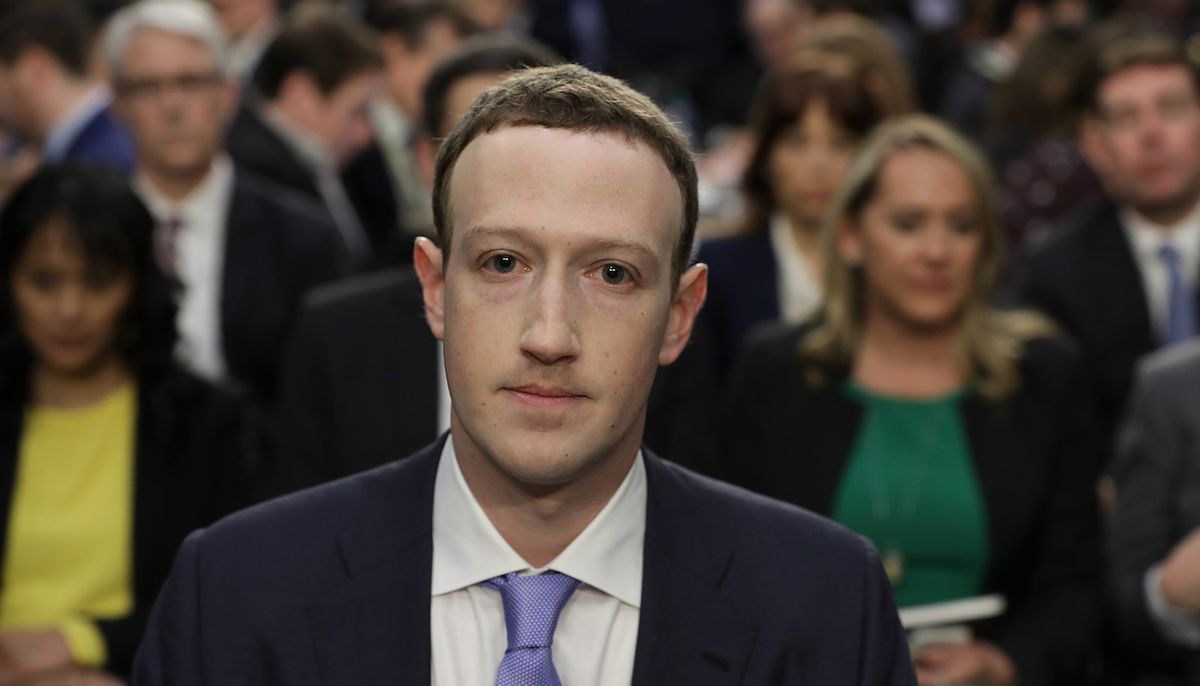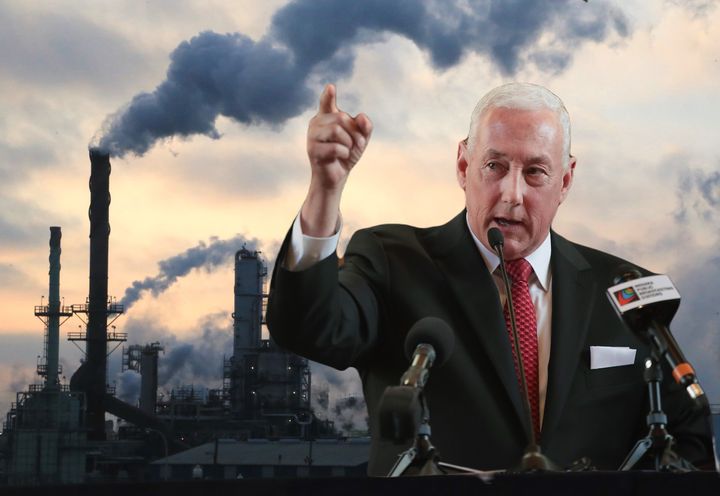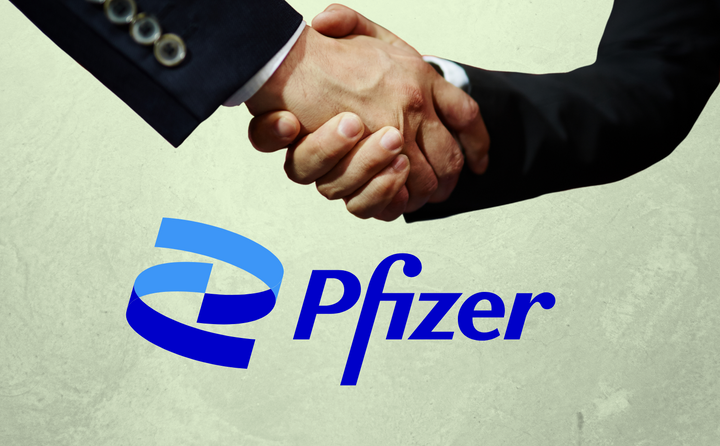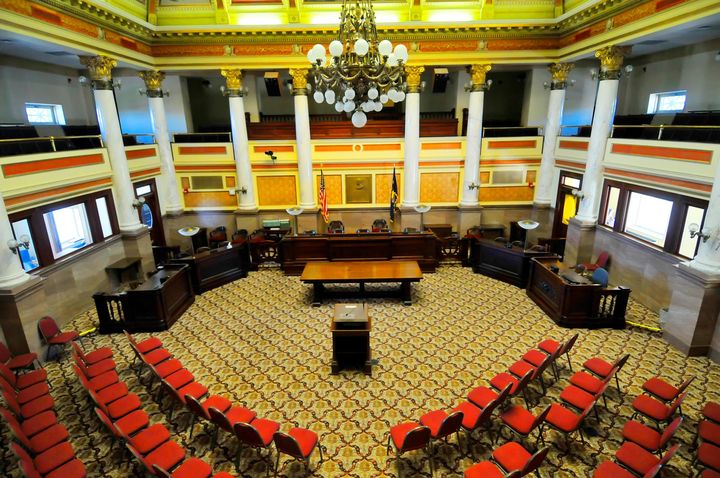The Facebook Settlement Amounts to Bribery of a Federal Agency
The FTC admitted taking a higher settlement figure from Facebook in exchange for declining to depose Mark Zuckerberg.

The American Prospect is a nonprofit, independent magazine
covering public policy and politics. Sludge is re-publishing this article.
Facebook paid—I would call it, bribed—the Federal Trade Commission $5 billion to protect Mark Zuckerberg from personal liability in violating the privacy of millions of users.
I didn’t conjure that up. That was the clear statement of James Kohm, the agency’s associate director of the division of enforcement, who conducted the Facebook investigation. At last week’s announcement of the $5 billion Facebook settlement, Kohm responded to Axios’ David McCabe, who asked why, if the investigation was so exhaustive, was Zuckerberg, the CEO and controlling shareholder, with acknowledged control over every aspect of Facebook’s business, not deposed?
“Part of getting this tremendous result with the tools we had is we didn’t need to depose him, but we could use that to get more protections for the public,” Kohm replied. Since the “tremendous result” consists mainly of a fine and establishing an easily ignored privacy committee on a board of directors Zuckerberg controls, the quid pro quo, cash for scotching the deposition, is pretty obvious. Pressed further, Kohm said, “We got a lot of relief that we couldn’t otherwise have obtained, and that is in some small part due on not going further.” He added that testifying under oath would have opened Zuckerberg up to “a huge amount of litigation outside of the Federal Trade Commission.” Why that’s something the FTC should concern itself with isn’t clear.
While FTC chair Joseph Simons gave the smarter, more political answer—the FTC had so much documentary evidence from Facebook that a deposition just wasn’t necessary—Kohm gave the game away: Facebook offered cash to keep Zuckerberg’s testimony under wraps. Kohm expanded on these comments to Business Insider: it was very important to Facebook to shield Zuckerberg, and the company offered more money in a settlement to ensure that. Otherwise, Facebook would have forced the FTC to take it to court.
There’s a name for this, which I said at the beginning: a bribe, or if you’d like to be more demure, a payoff. The FTC doesn’t need the threat of court to bring in Zuckerberg for questioning. The agency has its own subpoena power. It even has its own lawyers in case a company won’t settle. The lawyers have even conducted trials before!
(Related: After Slapping Facebook on the Wrist, Will Kohm Go Through the Revolving Door? )
The idea that resisting a settlement could be used as a sufficient stick defies logic; the FTC should be all too happy to take a miscreant company to court and achieve a result that exposes its wrongdoing to the public. Arguing that you could get a “better” result without investigating not only makes no sense, it also reveals the corrupt game at the heart of high-level regulatory enforcement. Facebook bought the silence of its CEO for $5 billion.
The problem for Facebook is that this was a split decision, and the FTC’s Democratic members aren’t keeping quiet about the corrupt bargain. In an MSNBC segmentremarkable for its news value, FTC commissioner Rohit Chopra told Kasie Hunt, “I was frustrated that we stopped the investigation before we really knew what was going on. We did not collect the documents in Mark Zuckerberg’s hands. We did not hear his testimony under oath.” This is a commissioner of a federal agency saying that the agency took a payment in exchange for what he called “blanket immunity” for a top executive of the offending company.
This is what has become of accountability, and its roots go back well before the Trump era. It’s reminiscent of the foreclosure fraud settlement, when activists were told that the investigation could not be conducted because of the need to speed relief to borrowers (relief, I should add, that mostly never came). Law enforcement has unilaterally decided, without listening to public input, that settlements serve as accountability in all cases, no matter the violation, no matter the abuse.
This defining down of justice degrades all of us. It not only sets a pathetic bar for what constitutes punishment, but it virtually ensures that law enforcement will have to return to a podium again, to announce that this settlement, with its rigid standards and monitoring, will finally solve the problem. Everyone knows it won’t, but we play the game, we talk about “record fines” and “stringent oversight” as if any of it matters. It’s a brutal cycle that continually brutalizes the American people, while corporate executives laugh and throw off ill-gotten gains as a cost of doing business.
As Chopra pointed out, “Fining a company like Facebook a couple weeks of revenue is not going to fix the fundamental problem that we have with these digital platforms.” That’s correct. Fining a company—which in effect just fines its shareholders, and not even that because the stock prices go up when investigations close—does nothing to protect the public. That’s because protecting the public was never the point. It was securing the bribe.
Related from Sludge:




Comments ()